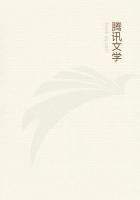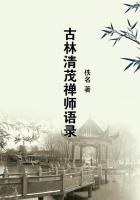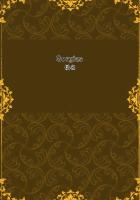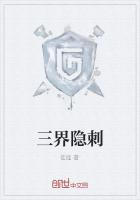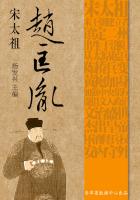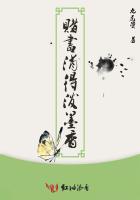On the other hand, to be done with this point, look at Delobelle, the father of Desiree, and compare him with Dickens's splendid strollers, with Mr. Vincent Crummles, and Mr. Lenville, and the rest. As in Desiree so in Delobelle, M. Daudet's picture is much the more truthful. But it is truthful with a bitter kind of truth.
Now, there is nothing not genial and delightful in Crummles and Mrs.
Crummles and the Infant Phenomenon. Here Dickens has got into a region unlike the region of the pathetic, into a world that welcomes charge or caricature, the world of humour. We do not know, we never meet Crummleses quite so unsophisticated as Vincent, who is "not a Prussian," who "can't think who puts these things into the papers."But we do meet stage people who come very near to this *****te of self-advertisement, and some of whom are just as dismal as Crummles is delightful.
Here, no doubt, is Dickens's forte. Here his genius is all pure gold, in his successful studies or inventions of the humorous, of character parts. One literally does not know where to begin or end in one's admiration for this creative power that peopled our fancies with such troops of dear and impossible friends. "Pickwick" comes practically first, and he never surpassed "Pickwick." He was a poor story-teller, and in "Pickwick" he had no story to tell; he merely wandered at adventure in that merrier England which was before railways were. "Pickwick" is the last of the stories of the road that begin in the wandering, aimless, adventurous romances of Greece, or in Petronius Arbiter, and that live with the life of "Gil Blas" and "Don Quixote," of "Le Roman Comique," of "Tom Jones and "Joseph Andrews." These tales are progresses along highways bristling with adventure, and among inns full of confusion, Mr.
Pickwick's affair with the lady with yellow curl-papers being a mild example. Though "Tom Jones" has a plot so excellent, no plot is needed here, and no consecutive story is required. Detached experiences, vagrants of every rank that come and go, as in real life, are all the material of the artist. With such materials Dickens was exactly suited; he was at home on high-road and lane, street and field-path, in inns and yeomen's warm hospitable houses.
Never a humour escaped him, and he had such a wealth of fun and high spirits in these glad days as never any other possessed before. He was not in the least a bookish man, not in any degree a scholar; but Nature taught him, and while he wrote with Nature for his teacher, with men and women for his matter, with diversion for his aim, he was unsurpassable--nay, he was unapproachable.
He could not rest here; he was, after all, a child of an age that grew sad, and earnest, and thoughtful. He saw abuses round him--injustice, and oppression, and cruelty. He had a heart to which those things were not only abhorrent, but, as it were, maddening.
He knew how great an influence he wielded, and who can blame him for using it in any cause he thought good? Very possibly he might have been a greater artist if he had been less of a man, if he had been quite disinterested, and had never written "with a purpose." That is common, and even rather obsolete critical talk. But when we remember that Fielding, too, very often wrote "with a purpose," and that purpose the protection of the poor and unfriended; and when we remember what an artist Fielding was, I do not see how we can blame Dickens. Occasionally he made his art and his purpose blend so happily that his work was all the better for his benevolent intentions. We owe Mr. Squeers, Mrs. Squeers, Fanny Squeers, Wackford and all, to Dickens's indignation against the nefarious school pirates of his time. If he is less successful in attacking the Court of Chancery, and very much less successful still with the Red Tape and Circumlocution Office affairs, that may be merely because he was less in the humour, and not because he had a purpose in his mind. Every one of a man's books cannot be his masterpiece.
There is nothing in literary talk so annoying as the spiteful joy with which many people declare that an author is "worked out,"because his last book is less happy than some that went before.
There came a time in Dickens' career when his works, to my own taste and that of many people, seemed laboured, artificial--in fact, more or less failures. These books range from "Dombey and Son," through "Little Dorrit," I dare not say to "Our Mutual Friend." One is afraid that "Edwin Drood," too, suggests the malady which Sir Walter already detected in his own "Peveril of the Peak." The intense strain on the faculties of Dickens--as author, editor, reader, and man of the world--could not but tell on him; and years must tell.

